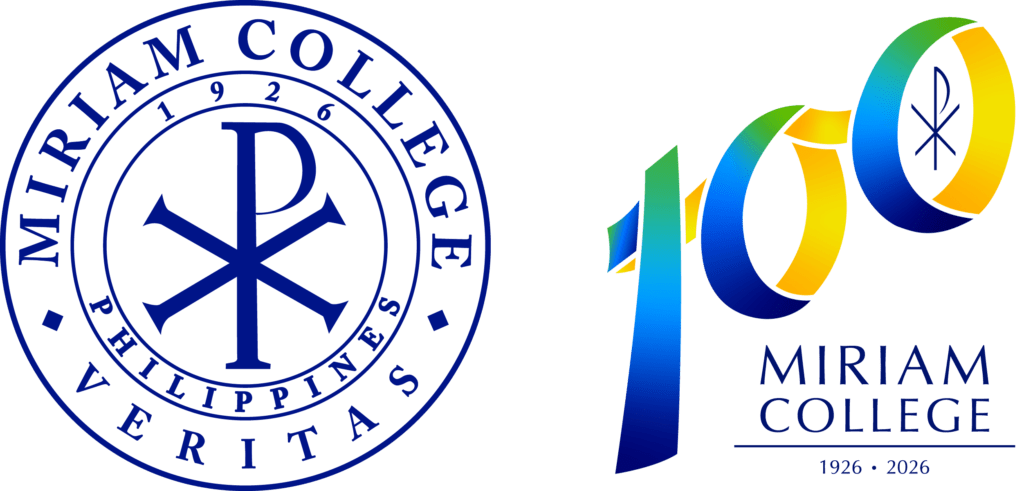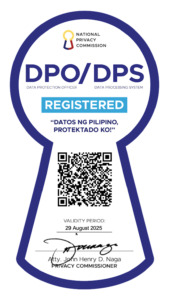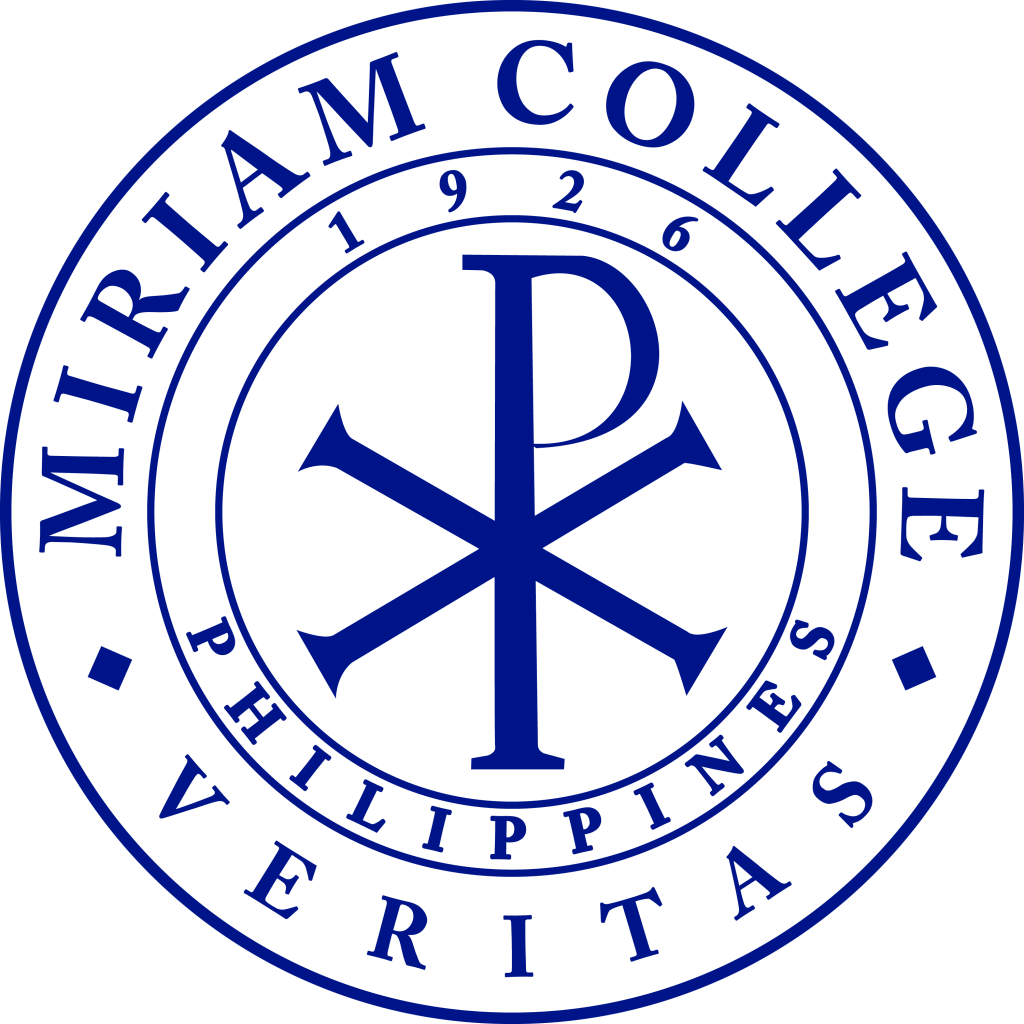MASTER OF
Integrated Marketing Communication
The Master of Integrated Marketing Communication program enables the graduate student to specialize in the strategic integration of all marketing communication elements – research and analytics, consumer behavior, brand management, digital marketing, strategic communication and brand activation, concept development, and risk and crisis communication – to create and enhance meaningful and mutually benefitting relationships with the customers and to achieve business success.
Program Goals
- Provide students with the philosophical, conceptual, and practical framework of integrated marketing communication as a discipline and as an industry in an emerging economy.
- Equip students with the cutting-edge skills and tools to creatively produce integrated marketing communication solutions to meet business objectives
- Promote the value of excellence in the ethical management of the total marketing communication mix for an agency or client organization
Program Outcomes
- Conduct marketing research and analysis to identify strategic marketing communication decisions for the brand, agency, or client.
- Clearly analyze the target consumer’s demographics, psychographics, and behavior for the brand, agency, or client.
- Create a strategic integrated marketing communication plan that covers the traditional and digital marketing with brand activation and communication efforts.
- Demonstrate creative and communication management skills through effective publicity and information materials, advertisements, speeches, and/or public relations.
- Incorporate the triple bottom line framework (i.e., people, planet, profit) to the integrated marketing communication plan for a brand, agency, or client.
What Will I Study?
Below are some of the topics and core courses that you will take:
A course that deals with the principles and techniques of integrating all marketing communication elements to create and enhance profitable relationships with customers. This course includes an analysis of the country’s present political economy and socio-cultural environments as they affect IMC and why integration is critical to an organization’s success.
Quantitative and qualitative research methods, approaches and tools to understand the product’s (or service’s) intended market segment, competitors, and the intended consumer’s perceptions and behavior toward the product’s (or service’s) marketing communication mix elements.
Planning and managing the use of web, mobile, and social media marketing to promote a brand or an organization’s products or services and to interact with consumers. This is discussed and applied in the context of Integrated Marketing Communication.
Managing, maintaining, and improving products, services and brand perception relating to cost, customer loyalty, and brand awareness.
The application of communication strategies and approaches in risk and crisis situations. Risk communication refers to conditions of health and environmental hazards while crisis communication refers to communication (and media strategies) to mitigate impact of crisis situations which are either man-made or natural calamities and accidents. The course also covers conflict management approaches focusing on communication strategies.
Total Program Units: 33 units
Core Courses: 12 units
Major Courses: 12 units
Electives: 6 units
Capstone: 3 units
Standard Completion Time: 3 years
Graduate Diploma
You may opt to acquire a Graduate Diploma in Integrated Marketing Communications by taking a total of 18 units of the following courses:
- Integrated Marketing Communication Principle and Techniques
- Brand Management
- Digital Marketing
- Marketing Analytics
- Brand Activation and Communication
- Creative Strategy and Concept Development





